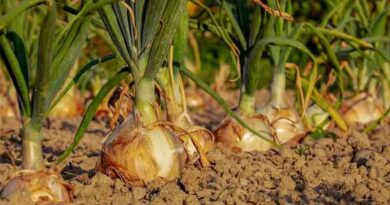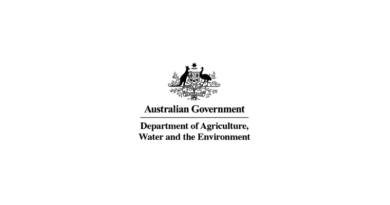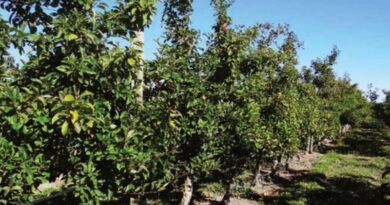Project launched to help mitigate pesticide residue limit export violations on red chillies in Pakistan
28 June 2021, IN: CABI has signed a contract with the Pakistan Agricultural Research Council (PARC) – a body working under the administrative control of the Ministry of National Food Security and Research (MNFS&R) – to mitigate pesticide maximum residue limit (MRL) export violations on red chilies in Pakistan.
The primary objective of this project, entitled ‘Regulatory Harmonization in Pakistan for Pesticide Residue Mitigation and Biopesticides’ and funded by the United States Department of Agriculture (USDA) through the United States Agency for International Development (USAID) is to use microbial-based biopesticides to control key pests especially at the end of the crop growing period — when pesticides mostly contribute to residues at harvest time.
Also Read: ‘One District One Product’ of 707 districts approved for 35 States/UTs
This cooperation was signed by Dr Babar E. Bajwa, Senior Regional Director Asia, CABI, and by Mr Roshan Zada, Secretary PARC (Council), in the presence of officials from PARC including the Chairman, Member-Coordination and Monitoring Division; as well as officials from CABI including the Deputy Director Programme and Project Manager. See photo below (Credit: CABI).
Specifically, the project will help to 1: Detect MRLs of selected pesticides, 2: Prioritize the high-risk pesticide in terms of increased MRLs, 3: Determine the suitable pre-harvest interval for targeted pesticide to avoid MRLs, 4: Identify/produce potential biopesticide to use during extended pre-harvest interval for pest management and 5: Build capacity of national system to monitor and handle MRLs.
These studies will provide a way forward regarding the use of non-residue producing biopesticides following conventional pesticides to reduce residues at harvest.
Such cooperation will help ensure the food security of the region and boost the export of Pakistani agricultural products by producing in compliance of international standards.
USDA, in collaboration with CABI and PARC, will soon be convening a working group for the monitoring and implementation of this project.















